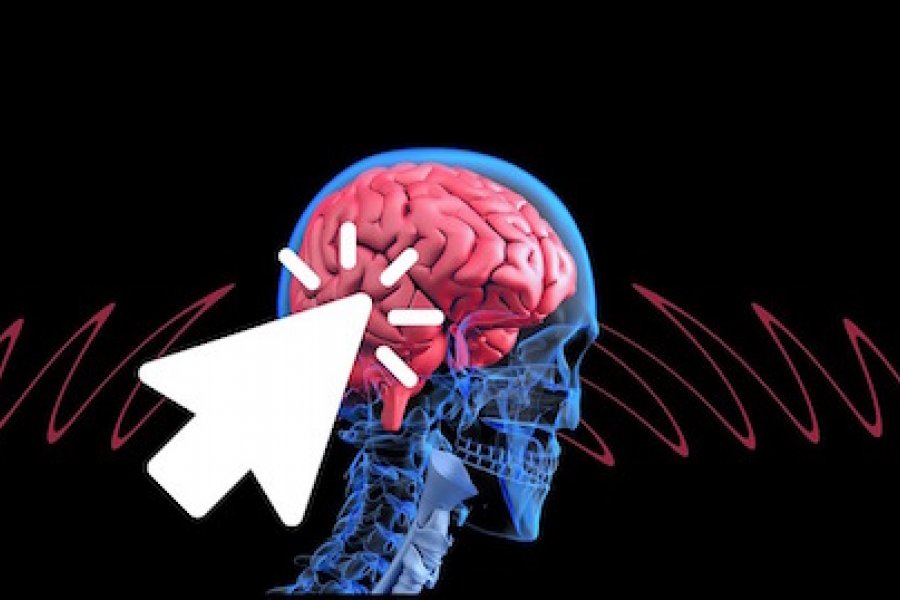
Over the years, a lot of research has been done on the medical/health benefits of cannabis. Studies show that medical cannabis can help to treat/ease issues including chronic pain, sleep disorders, muscle spasms, loss of appetite, multiple sclerosis, epilepsy, and so much more.
Although the use of marijuana for medicinal purposes still remains controversial, the spotlight has begun to shine on the plant’s medical value.
This post covers all the questions you may have on medical cannabis and its effects on epilepsy and seizures. Here are a few answers to questions you may have.
What is medical cannabis?
Medical cannabis is a cannabis-based product used for medical reasons. The treatment could use the whole plant or some of the biologically active substances found in it. Unlike recreational marijuana which is the leaves and female flowers of the cannabis plant.
A cannabinoid is a compound produced by the cannabis plant that interacts with the brain’s receptors. When present it can lead to a variety of physical and mental effects.
Over a hundred cannabinoids have been discovered in the marijuana plant. Although, out of all the cannabinoids found in marijuana, THC (Tetrahydrocannabinol) and CBD (Cannabidiol) are the most common.
THC often affects the way people feel and think, while CBD helps reduce pain and other symptoms. CBD is the main cannabinoid responsible for reducing seizures in some people with epilepsy.
What’s a seizure?
A seizure is often a result of irregular electrical activities in the brain. Meaning, a seizure usually occurs when the brain cells are either over and understimulated; causing an imbalance. This imbalance induces a burst of electrical discharge in the brain cells and causes a seizure.
There are two major categories of seizures:
- Partial Seizures: These are often the result of electrical impulses focused in one area or group of brain cells (neurons) in one side of the brain.
- Generalized Seizures: Unlike partial seizures, generalized ones are more severe. They are as a result of the neurons firing electrical impulses from both sides of the brain or groups of cells in both sides of the brain.
According to the CDC (Center for Disease Control and Prevention), epilepsy affects everyone differently.
Can cannabis treat seizures and epilepsy?
Health research and lab studies show that cannabis – more specifically CBD– has the potential to treat seizures.
Despite the fact that federal regulations and little access to CBD have slowed down the process, the results are promising.
Recent studies have shown that CBD is actually more effective than traditional epilepsy therapies. Also, that cannabis-based products can treat even the most severe and unresponsive types of epilepsy seizures.
In Hawaii (or the U.S. at large), Epidiolex (Cannabidiol, CBD) oral solution is the most popular and legally recognized epilepsy treatment. It was approved by the FDA (America’s Food and Drug Administration) in June, 2018. This CDB oil treats seizures resulting from two common types of epilepsy, namely Dravet syndrome and Lennox-Gastaut syndrome.
Are CBD-based medicines good for my epileptic kid?
The best way to know this is by consulting with an expert in epilepsy and its treatment options. However, there are a few basics you should know.
For one, CDB oils and products are only ideal for people above the age of two years. Also, CBD oil for seizures is ideal for when:
- All other epilepsy therapies are without any success
- Surgery is not possible
- Ketogenic diets treatment is off the table, or it didn’t work.
What should I know about Hemp?
Hemp, which is different thean CBD, was historically grown for textile purposes is now being studied for its treatment of seizures. Hemp contains more CBD than THC. Therefore, it offers more medicinal benefits.
Until recently, the DEA (Drug Enforcement Agency) classified hemp as a Schedule I substance; rendering it illegal. However, in December 2018, hemp and hemp-derived CBD were reclassified as agricultural products. Making it legal and open for medical research.
This means that more information and data will be released on CBD and seizures. However, each product will offer different effects. Therefore, advice and guidance from a qualified physician is important.
Are there any side effects of using cannabis for epilepsy treatment?
Yes. Medical marijuana use still comes with some side effects.
Common side effects include:
- Diarrhea
- Fatigue
- Stomach upsets
It's recommended to see a medical professional to get all the details.
Evidently, the medical benefits of CBD are still in the discovery stages. Researchers are yet to determine the full extent of marijuana’s medicinal properties. However, in terms of epilepsy and seizures, there’s a lot of potential.
Therefore, if you’ve tried to treat epilepsy without any success, consider consulting with a specialist dealing with CBD-epilepsy treatment about your options.